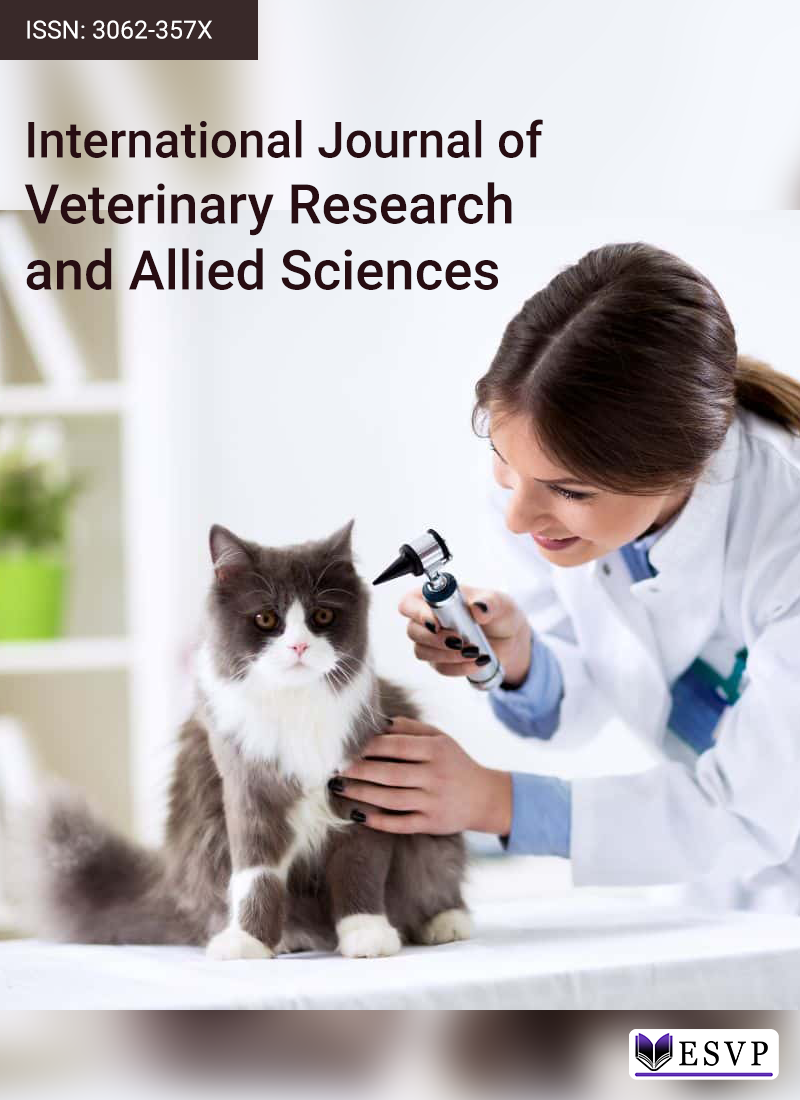
An important aspect of large-scale parasitoid bee breeding involves maintaining the bees at cold temperatures within insectariums. This study aimed to evaluate the effect of cold storage on the viability of both pupae of parasitoid bees and adult insects. Five-day-old pupae and newly emerged one-day-old bees were subjected to different storage durations under refrigeration (complete darkness at a constant temperature of 5 °C). The effects of cold exposure on various biological and reproductive parameters were analyzed. Pupae maintained for 30 days or more experienced complete mortality, while approximately 93% of those refrigerated for one week successfully emerged as adult insects, which was different from the control group. However, even short-term cold storage of pupae significantly reduced the lifespan and fertility of emerging bees compared to the control group. Storing adult bees under refrigeration negatively affected their survival, with losses increasing as storage duration prolonged. The highest mortality rates were recorded among female bees after 60 days of storage, although mortality was also observed after 1 and 2 weeks. Unlike pupae, cold storage of adult female bees did not negatively affect their lifespan or egg-laying capacity. Based on these findings, refrigeration of bee pupae for one week is not recommended, whereas female bees could be stored under cold conditions for up to one week without severe consequences. These insights contribute to improving parasitoid bee mass breeding and storage strategies in insectariums.